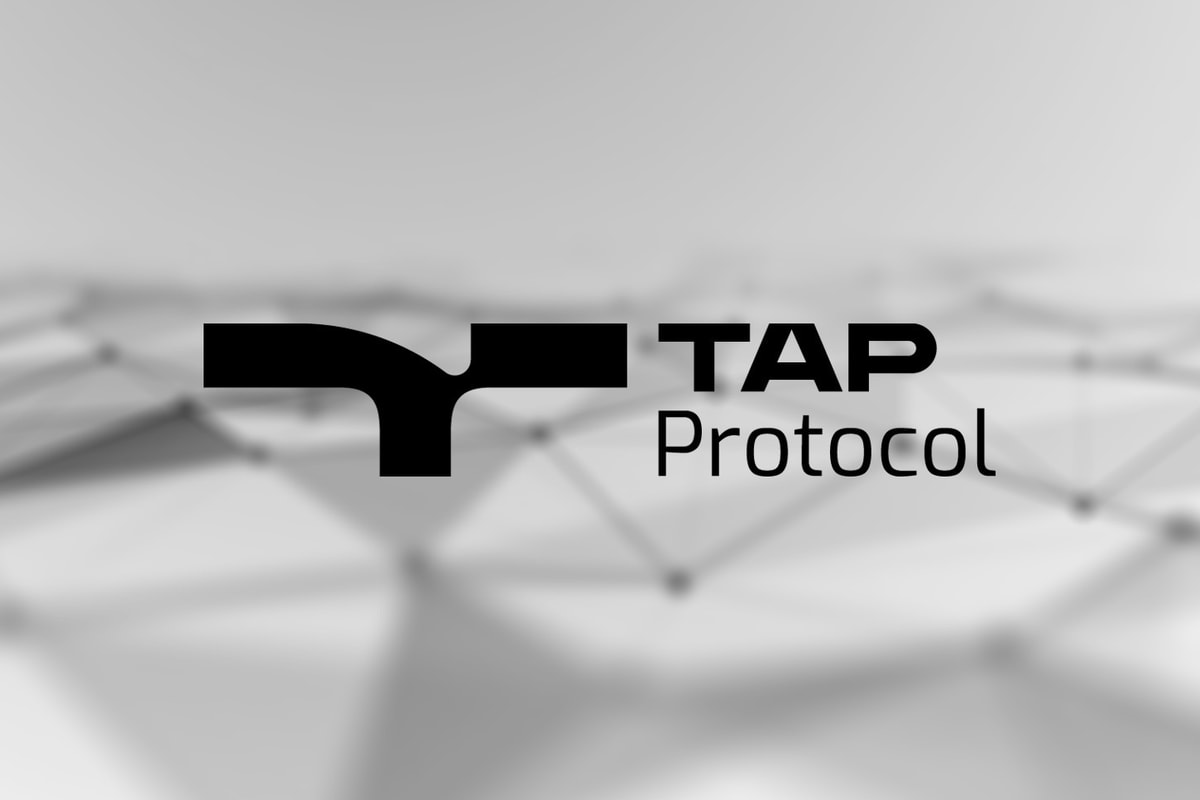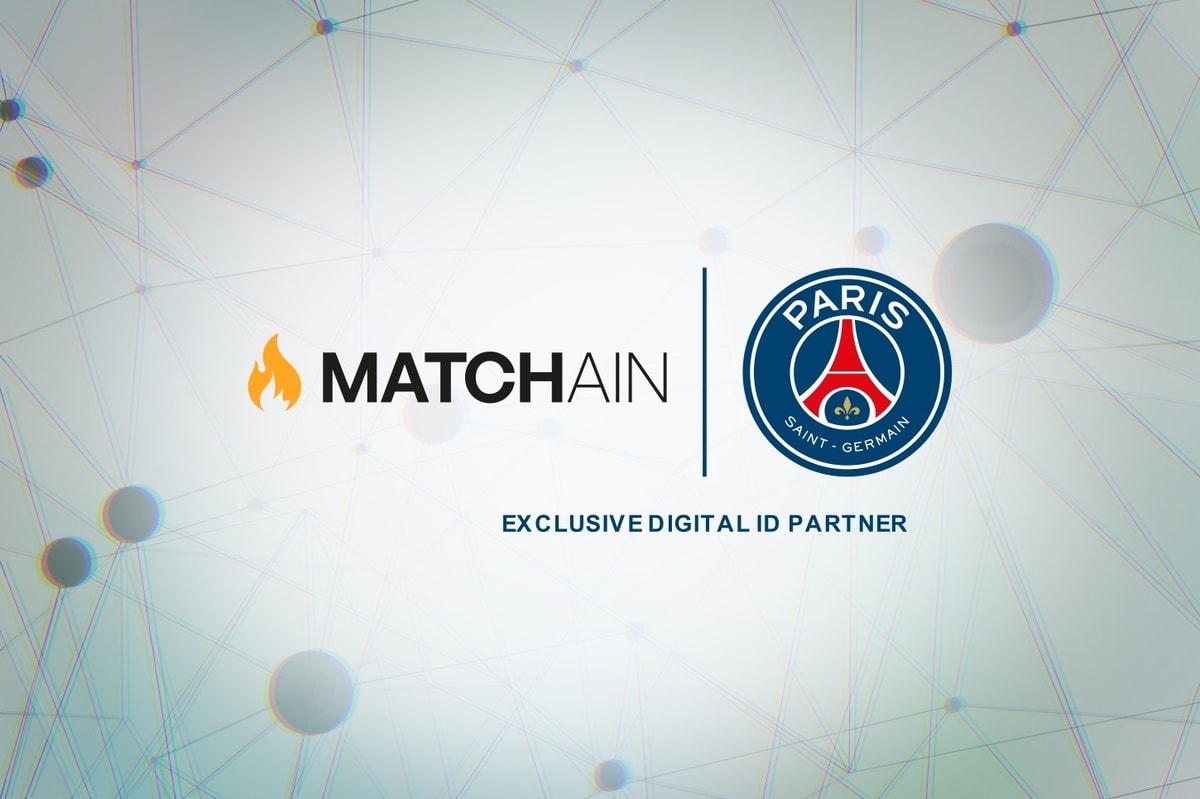Blockchain technology has taken the world by surprise. In the last decade, many projects have used blockchain technology to power their services. There’s been over 1,500 cryptocurrency platforms and applications built on the blockchain. More than 90% of these projects however have lacked real-world use cases and they’ve tended not to affect human lives directly but recently, that is beginning to change.
There has been an increasing number of companies using blockchain technology to solve real problems. Big corporations are starting to warm up to the idea of having their businesses run on a distributed ledger technology. Big firms in the healthcare, pharmaceutical and financial services sectors were early adopters of this technology and it has proven to be the right decision for these companies as blockchain technology offers more positives than negatives.
An industry that is now seemingly experiencing the disruptive nature of blockchain technology is the ride-sharing industry. It is a known fact that ride-sharing and ride-hailing applications have taken over traditional taxi services all over the world. In 2020, the global ride-sharing market was at $42.25 billion and it is expected to grow to $56.87 billion in 2021 at a compound annual growth rate (CAGR) of 34.6%. According to recently published data, by 2025, the market is expected to reach $108.15 billion at a CAGR of 17%.
While there are numerous companies in the ride-sharing and ride-hailing industry such as Lyft, DiDi and inDriver among others, it is no secret that the biggest player here is the ride-sharing app Uber. However, there has recently been a lot of negative news reports surrounding Uber and its services and this has increasingly seen its popularity ratings drop consistently. In the last two years, there’s been a lot of criticism surrounding Uber and how it has conducted its business. In 2020, the legislature in California passed California Assembly Bill 5, a worker law that directed that companies treat their workers as independent contractors rather than full employees. In its response to this, Uber launched Project Luigi, which is a scheme that allows Uber drivers to set their prices. This action earned Uber a lot of criticisms as critics suggested it would force drivers into a “race to the bottom” as regards how they price their fares.
In December 2019, Uber lost its license to operate in London because it was considered not “fit and proper” to hold a license. However, this decision was appealed. Another problem hit the firm in the same month of December when news broke that Uber’s stock price dropped by 2% because around 6,000 cases of sexual assault had taken place in the cars of its drivers over the previous two years leading up.
Because of the recent issues with using Uber these days, many customers are now patronizing other traditional ride-sharing companies that are popping up in different countries. These companies saw the flaw in Uber and decided to step into the market, thinking they can do better. Now even with these competitors around, there are still some problems plaguing the industry and this has finally led stakeholders in the space to seriously consider the opportunity blockchain technology offers. With the issue of control for both drivers and users at the forefront of the drawbacks traditional apps such as Uber, inDriver, Yandex, Ola and Lyft face, decentralized ride-sharing apps look just like the perfect solution for a problem that has lingered since the inception of the industry. In 2020, Firdosh Sheikh, CEO of decentralized ride-sharing app Drife, told Decrypt in an interview, “There’s a huge potential not only for a decentralized ride-hailing app or a blockchain-based company but a company who can work more ethically for the betterment of this whole ecosystem.”
Blockchain technology looking to fix ride-sharing services
Blockchain technology offers a way to make life and work easier, regardless of the industry or class, and the ride-sharing industry is one a lot of disruptors and companies in the blockchain space are looking to become major players in. There have been a lot of bold claims about giving drivers and users more freedom through the use of decentralized technology such as that of the blockchain.
One of the companies that made this claim is Drife. Drife is a decentralized ride-sharing and peer-to-peer ride-sharing platform that was started with the intent of empowering the drivers and riders within its ecosystem. The app is built on the Aeternity blockchain and its business model is built on taking zero commission from its drivers. Drife will instead charge drivers an annual fee on its platform to access the app. “We believe when there’s a driver who spends 14 to 16 hours behind the wheel, he deserves to take back all the income to his home,” said Sheikh.
Orion Depp, initial DEX offering advisor of Drife and managing partner of the Master Ventures Polkadot VC Fund, said, “Drife’s unique business model could set a new standard within the ride-sharing and ride-hailing industry. While Uber, Lyft and others were formed with good intentions, they have become centralized, continuously paying their drivers less and charging their riders more. Smart contracts fix this problem by putting all ride-sharing data on the blockchain. We’ve seen the rapid adoption of cryptocurrency usage experience by public and private transport agencies in Brazil. It’s now likely that we see similar adoption across South America, Asia and Europe, especially as innovation accelerates due to the COVID-19 pandemic.”
The Drife app has a feature that allows for the calculation of a base fare according to market conditions. This feature also affords the driver and rider the opportunity to negotiate on the fare price, and allows for fairness in pricing. Also, because this is a decentralized application on the blockchain with the elimination of intermediaries, Drife removes the issues of fares being unjustifiably increased while a ride is in progress.
With its foray into ride-sharing services, Drife plans to remove the need for a central authority such as what the traditional ride-sharing apps have. The company also uses blockchain for identification and governance. Drife drivers using the app can stake Drife’s native DRF token and the drivers who stake more tokens on the platform have higher chances of getting selected for rides. Riders also get “additional benefits” when they stake the DRF token as well.
At the start, the company planned to put both payments and ride allocations on one blockchain platform, but according to Sheikh, she said, “You cannot eliminate the whole concept of middleman funders in the ride-sharing space at one go, you have to go step by step.” She added, “So as a company, we will be an escrow for both drivers and riders initially. With time, the idea is that the drivers will have all the awareness that they need to run their whole business on their own and won’t need anybody else to control things.”
$2.7 million venture token funding, IDO and listing plans
On July 20, 2021, Drife announced that it had completed a seed and private token sale of about $2.7 million. The announcement went further to say that the ride-sharing platform would be performing its IDO on Aug. 6, which would be carried out on Paid Network’s Apollo-X IDO platform. Drife would also have an initial exchange offering on a tier-one crypto exchange that’s yet to be announced. The private sale had subscriptions of approximately $90 million, which was an oversubscription of 30 times and led by Master Ventures, 18 Ventures, GD10 Ventures, AU21 Capital, FBG Capital and Titan Ventures. During the event, strategic advisors for the company’s IDO, who included Depp and Kyle Chasse of Master Ventures, were also announced.
After the event, Sheikh said, “Our capital raise was oversubscribed by nearly $90 million and received interest from venture capitalists and strategic partners in six continents. We’d like to thank our international community for supporting the Drife vision. Our upcoming IDO on Apollo-X with Uniswap listing is the first major step toward transforming the ride-sharing industry. We want drivers to be compensated as fairly for their hard work as riders are able to pay them and, as such, have put all ride-share and corresponding payment data on the blockchain through smart contracts. We intend to roll out our service with over 10,000 drivers in India in the coming months and then expand internationally shortly afterward. We are also launching the use of our DRF token for bid-staking by franchisees in select tier-one international markets and for receipt of loyalty rewards by Drife app users.”
You can find more information about Drife at:
Official website: https://www.drife.io
Telegram: https://t.me/Drife_officialchat
Twitter: https://twitter.com/Drife_official
Medium: https://blog.drife.io











